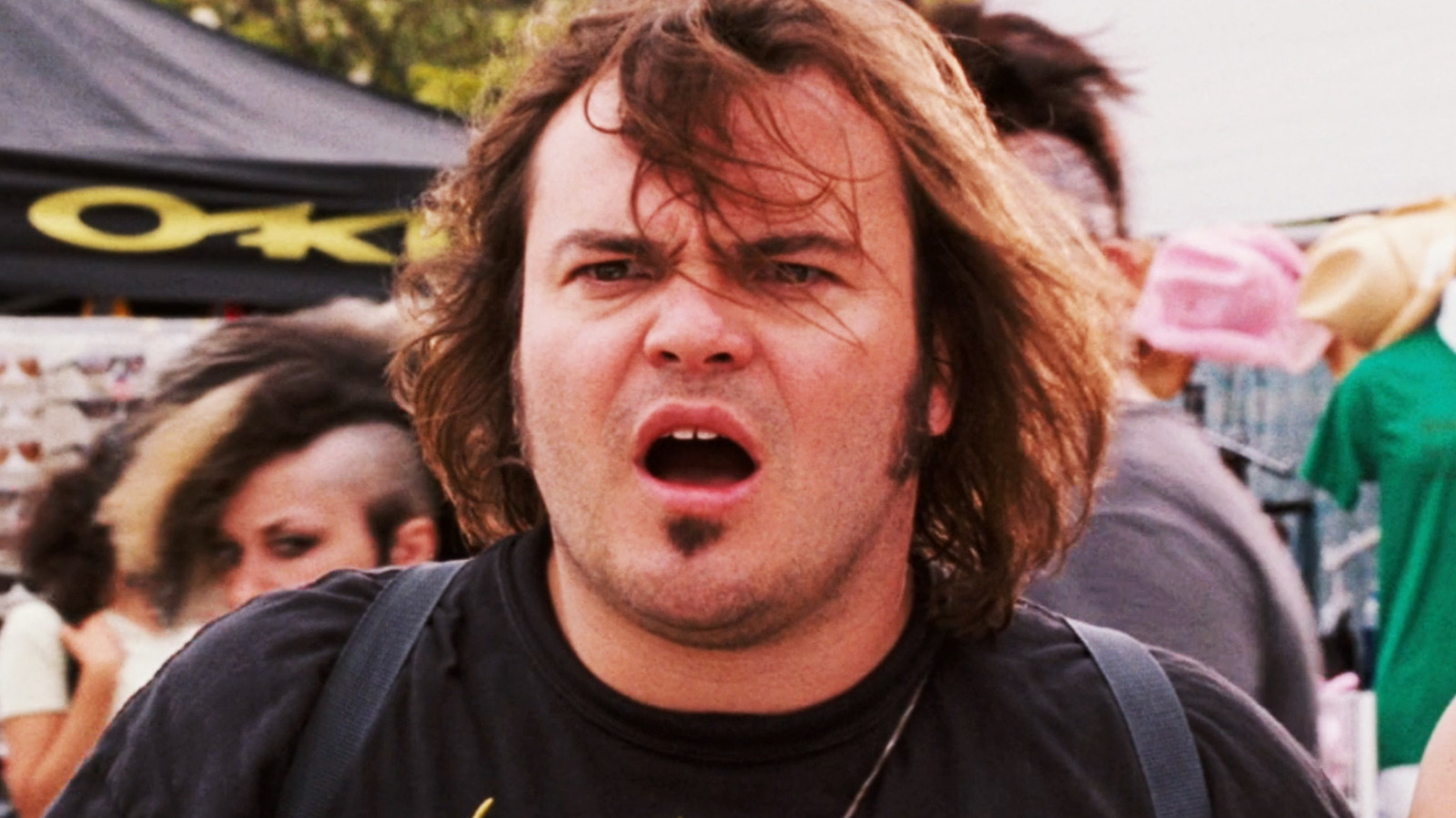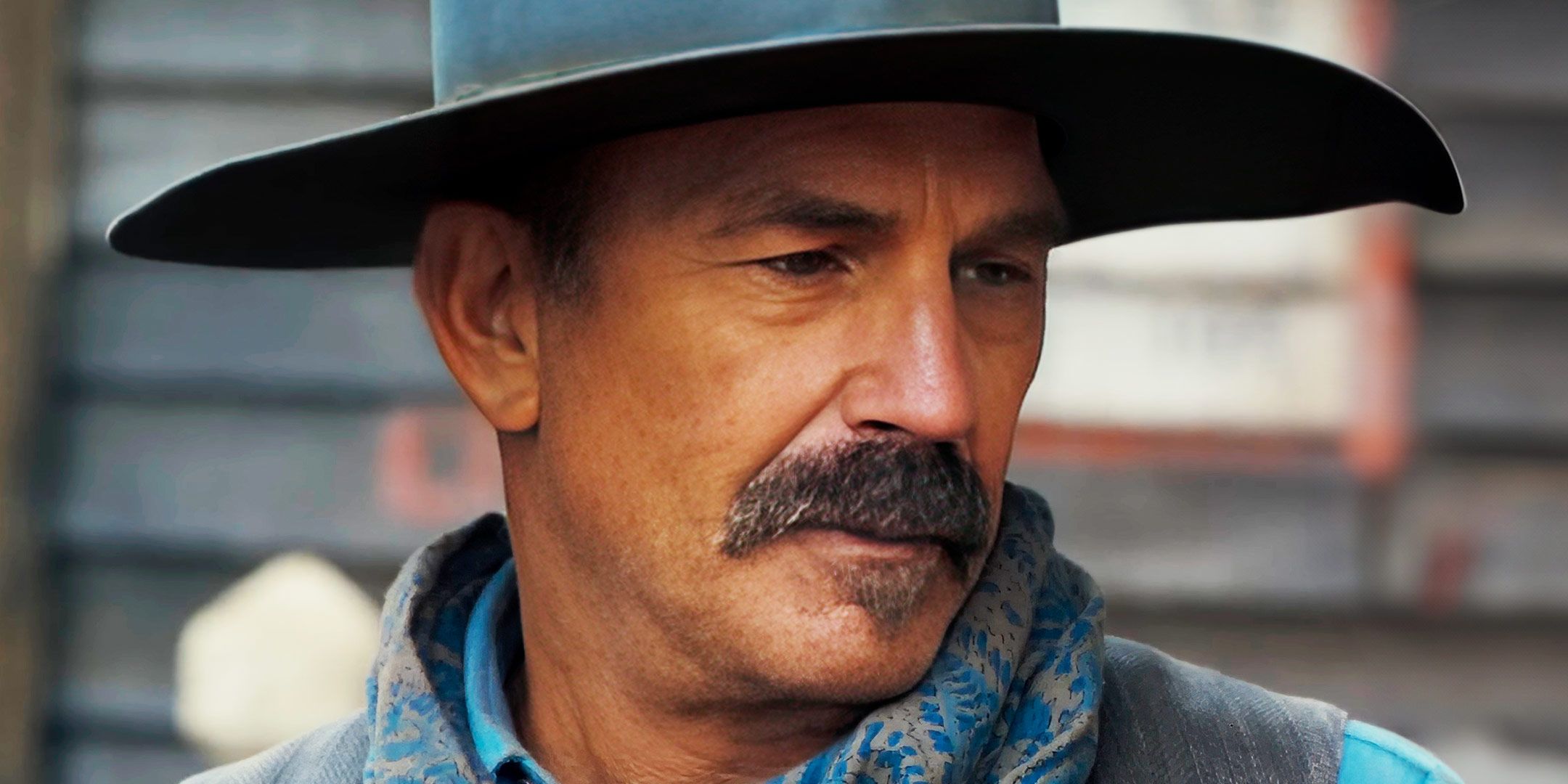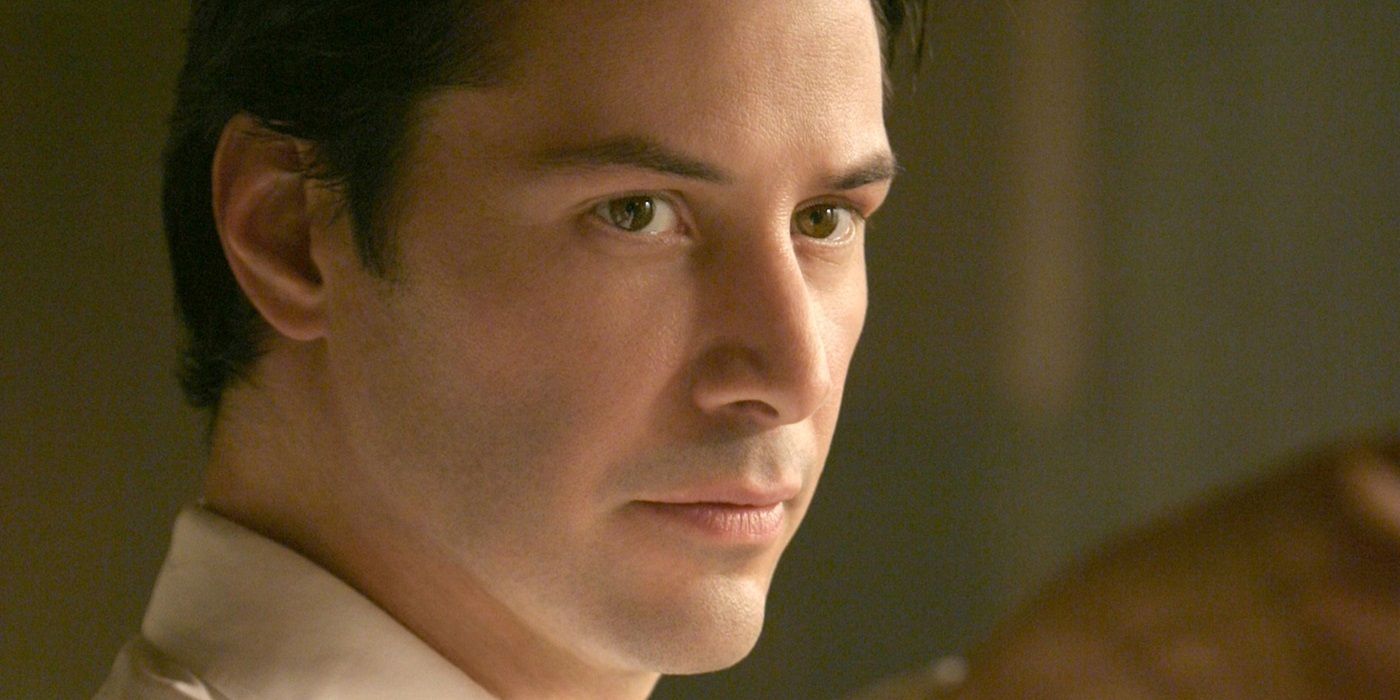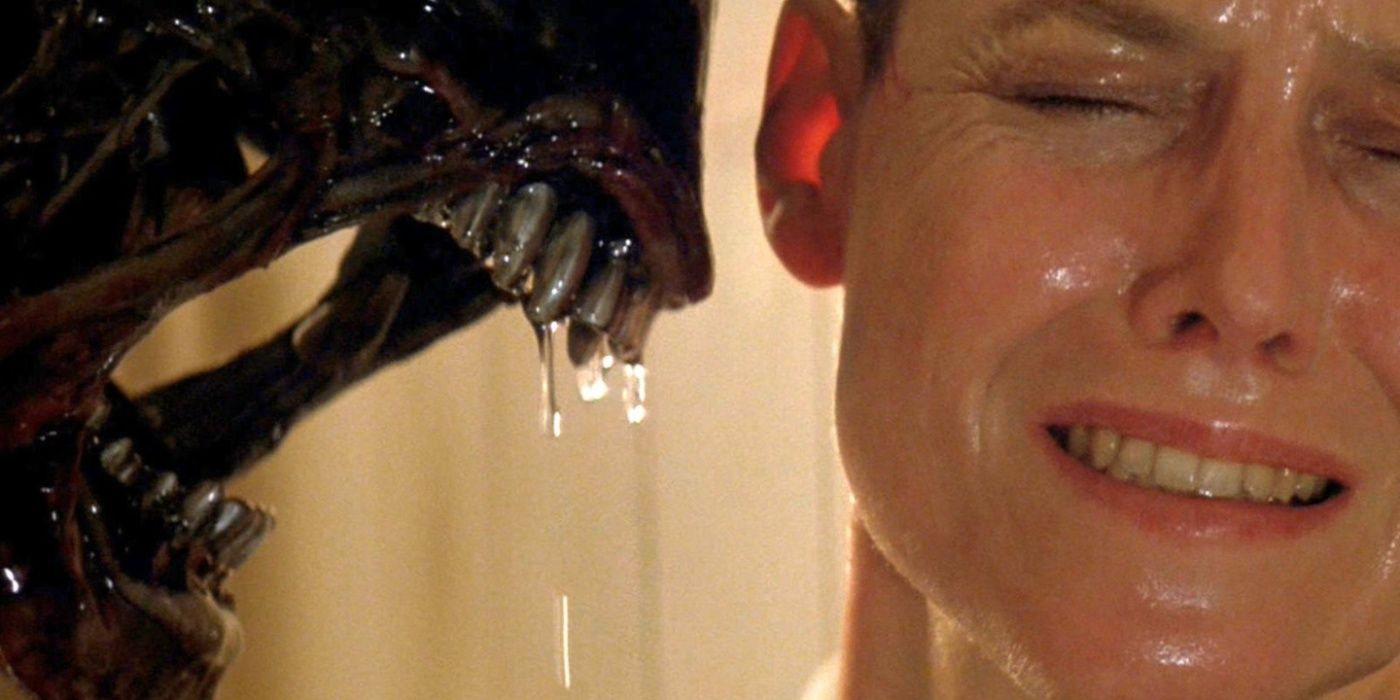If you want to stay mentally healthy as you get older, say goodbye to these 6 habits
My grandfather used to say, “The mind, like a muscle, needs exercise to stay fit.”
It’s a saying that has stuck with me over the years. As I’ve grown older, I’ve come to understand that maintaining mental health is just as important as physical health.
But let’s face it, staying mentally healthy isn’t always a walk in the park.
You see, there could be certain habits you’ve picked up over the years that are quietly sabotaging your mental health. And the kicker is, you might not even realize it.
So, if you’re asking yourself, “How can I stay mentally healthy as I age?” – you’re in the right place. The key lies in identifying and saying goodbye to these six habits that might be wearing down your mental fitness.
Let’s dive in.
This is more than just an article about mental health; it’s about empowering you to take control of your well-being as you age. Because everyone deserves a mind that’s as sharp and vibrant as it was in their youth.
We’ve all been there – those days when everything seems to go wrong, and stress levels skyrocket. The problem is, chronic stress can be a real enemy to your mental health.
Don’t get me wrong, a little bit of stress can be a good thing. It can help you stay alert and focused. But when stress becomes a regular visitor, it’s time to show it the door.
Chronic stress can lead to anxiety, depression, and a host of other mental health issues. It can cloud your thinking and make it difficult to focus on the positive aspects of life.
What’s the solution? Incorporate stress management techniques into your routine. This could mean taking up yoga, practicing mindfulness, or simply carving out some quiet time each day for self-reflection.
Remember, mental health is a marathon, not a sprint. Saying goodbye to stress is a major step towards maintaining mental health as you age.
I’ve always been a bit of a night owl. Staying up late to finish a book, catch up on my favorite TV show, or just enjoy the silence of the night was my routine. But over time, I began to notice the toll it was taking on my mental health.
Sleep deprivation didn’t just make me feel physically tired; it made me feel mentally exhausted too. I found it harder to focus, my mood was often low, and I was more susceptible to negative thoughts.
The reality hit me one day when I couldn’t remember a simple detail from a conversation I’d had the previous day. It was a wake-up call (no pun intended).
I realized that prioritizing sleep was non-negotiable if I wanted to stay mentally sharp.
Now, I make sure I get at least seven hours of sleep every night. It’s made a world of difference to my mental clarity and overall mood.
The lesson here? Never underestimate the power of a good night’s sleep for maintaining mental health.
I’ll admit, I used to be the one who’d choose a quiet night in over a social gathering. The excuses were easy to find – I was too tired, too busy, or simply not in the mood.
However, as time went by, I noticed a shift. My world seemed smaller. My thoughts felt heavier. My mind seemed cloudier. It was a subtle change, but it was there.
It took me a while to connect the dots, but I finally realized that my self-imposed isolation was affecting my mental health. Humans are social creatures after all, and we thrive on connection.
These days, I make an effort to stay connected with friends and family. This doesn’t mean I’m partying every night or constantly on social media—far from it.
Instead, it’s about meaningful interactions—catching up over a cup of coffee, sharing a meal, or even a simple phone call to check in.
It’s not always easy, especially in our fast-paced digital age, but preserving these social connections is crucial for mental health as we age.

I get it, staying active can be a challenge, especially as we age. But did you know that exercise isn’t just beneficial for your physical health? It’s also a powerful tool for maintaining mental health.
The science backs it up: Regular physical activity increases the production of endorphins—our body’s feel-good hormones. This not only improves mood but also promotes better sleep and reduces stress.
I’ll be honest, I was never a gym enthusiast. But once I understood the link between exercise and mental health, I was motivated to make a change.
Now, I make a point to include some form of physical activity in my daily routine. It could be a brisk walk, a yoga session, or simply dancing around the kitchen while making dinner.
Trust me, saying goodbye to a sedentary lifestyle can do wonders for your mental health as you get older.
In the hustle and bustle of life, it’s easy to put everyone else’s needs before our own.
We become so engrossed in taking care of others that we forget to look after ourselves. I’ve been there, and let me tell you, it’s a slippery slope to mental exhaustion.
Self-care isn’t selfish; it’s necessary. It’s about acknowledging your needs and taking the time to recharge. It could be as simple as enjoying a quiet cup of tea, reading a book, or indulging in a long bath.
I remember a time when I was so caught up in my responsibilities that I neglected my own needs. It wasn’t until I hit a wall of burnout that I realized the importance of self-care.
Now, regardless of how busy life gets, I ensure I set aside some ‘me time’ each day. This act of self-kindness has significantly improved my mental well-being.
Remember, taking care of your mental health means taking care of yourself first. Saying goodbye to self-neglect is an essential step towards mental health as we age.
Sticking to what we know can be comfortable. But staying in our comfort zone can limit our mental growth. Embracing new experiences, on the other hand, keeps our minds active and engaged.
Learning a new skill, visiting a new place, or even trying a new cuisine can stimulate our brains and boost our mental health.
Once, I was resistant to change. I stuck to my routines and avoided anything unfamiliar. But this lack of novelty began to dull my mental spark.
The moment I decided to step out of my comfort zone and embrace new experiences, I felt a resurgence in my mental energy.
The world is full of opportunities for learning and growth. Embrace them. It’s one of the most powerful ways to stay mentally healthy as we age.
If you’ve recognized some of these habits in your life, don’t be too hard on yourself. We all have room for improvement, and acknowledging these habits is the first step towards better mental health as we age.
Remember, change doesn’t happen overnight. It’s a gradual process, and every small step counts. Start by saying goodbye to one habit at a time, and gradually work your way through the list.
And here’s a comforting thought – it’s never too late to make a change. Our brains are capable of learning and adapting at any age, a phenomenon known as neuroplasticity.
As you embark on this journey of self-improvement, be patient with yourself. Celebrate small victories, and don’t hesitate to seek support if needed.
In the end, maintaining mental health is about finding balance. It’s about nurturing your mind just as you would your body. It’s about letting go of harmful habits while embracing practices that uplift you.
Take a moment to reflect, and ask yourself – what step will you take today towards better mental health? Remember, it’s your journey. Make it count.













